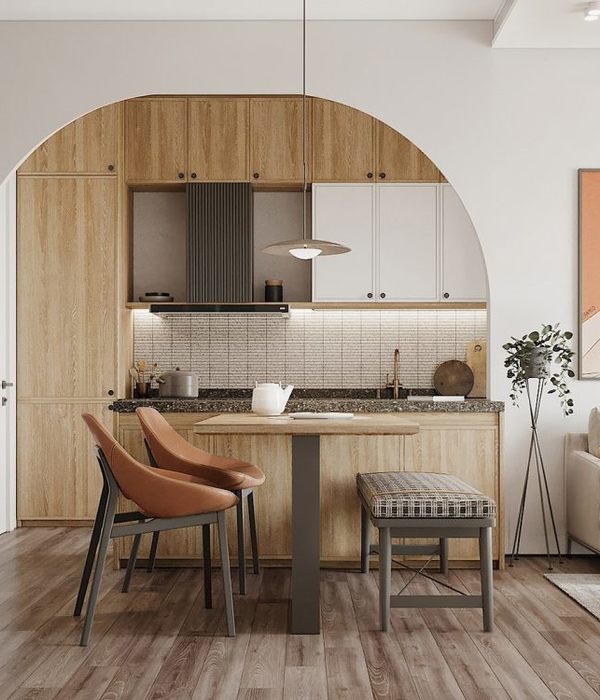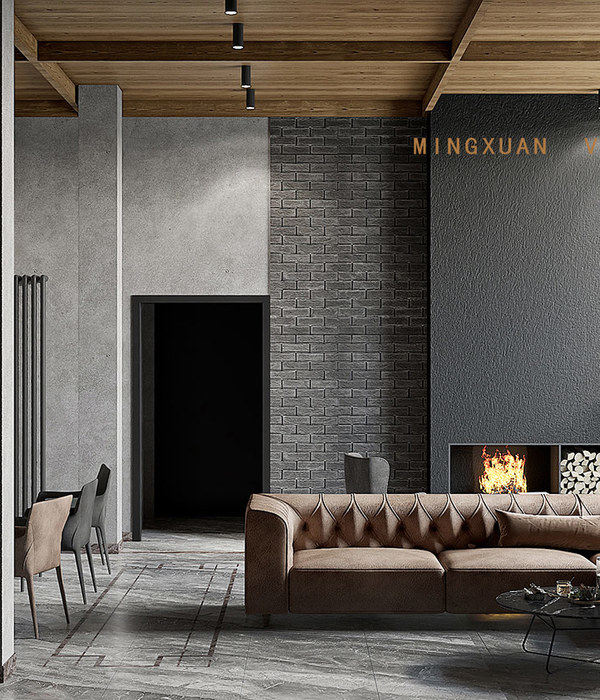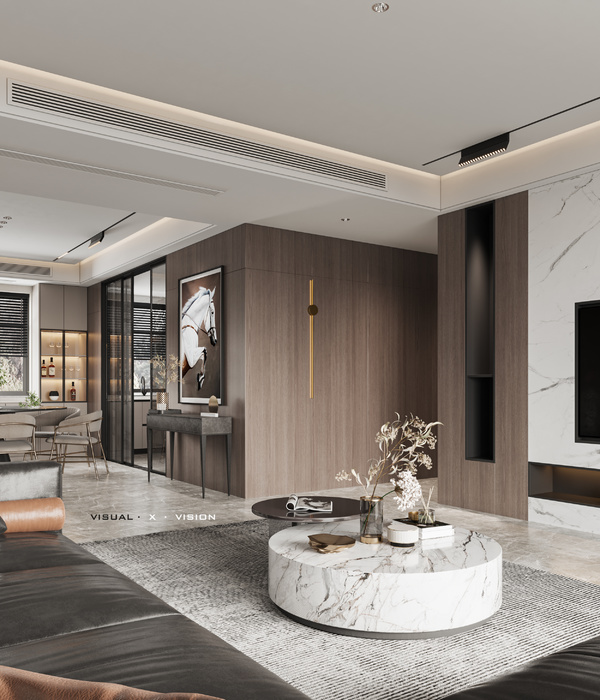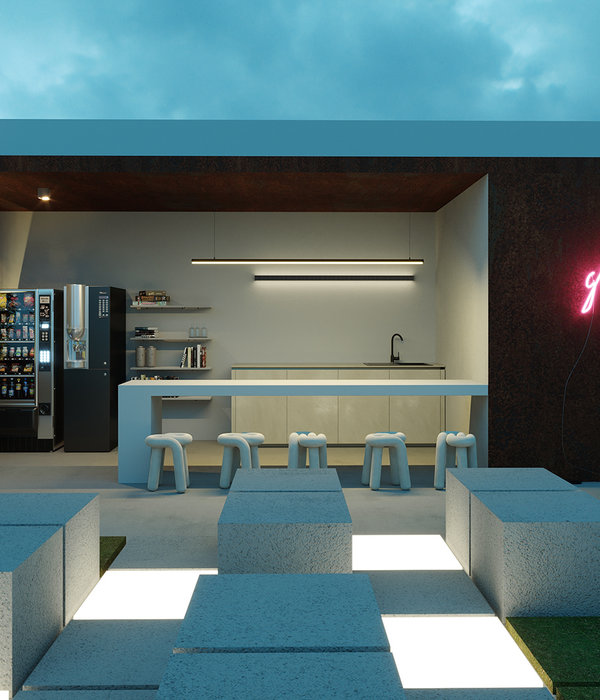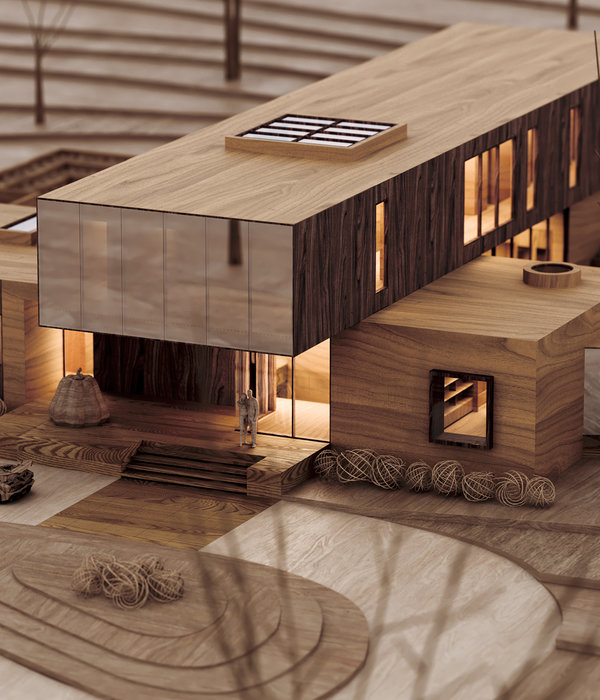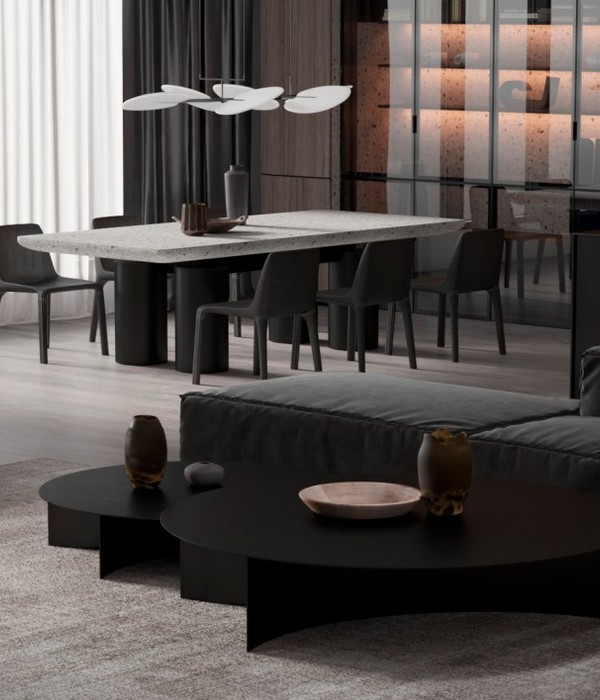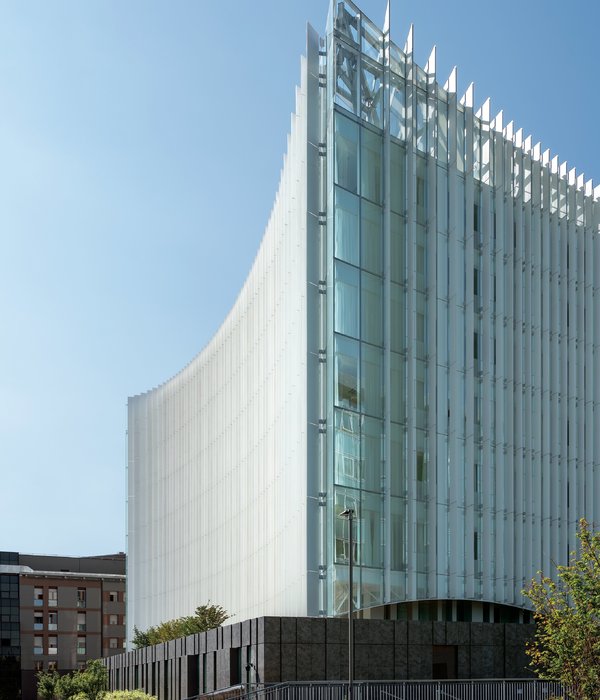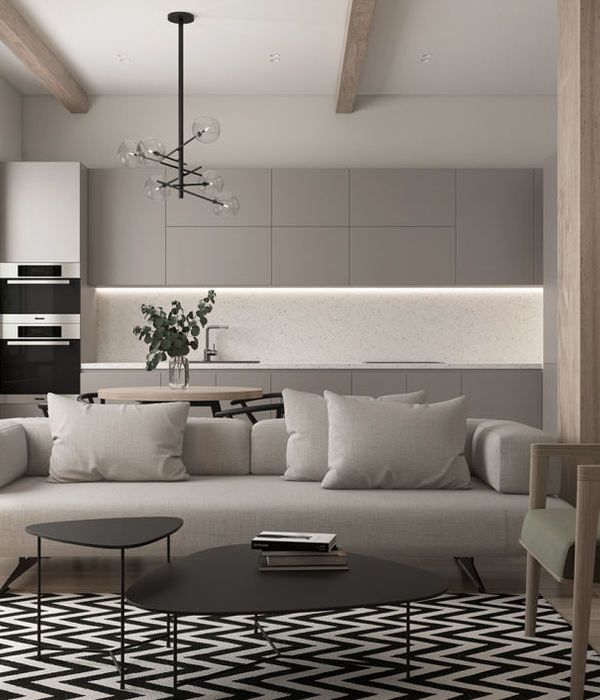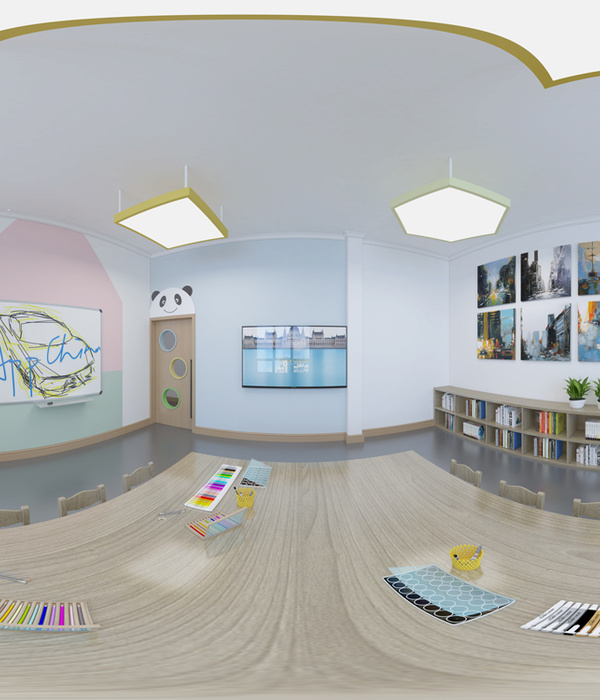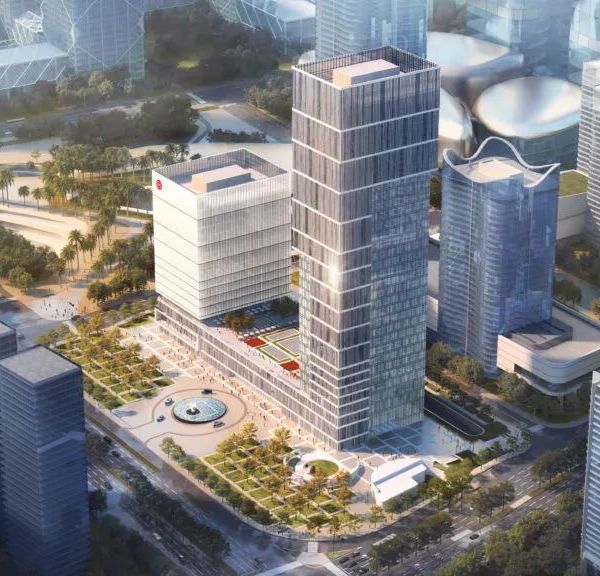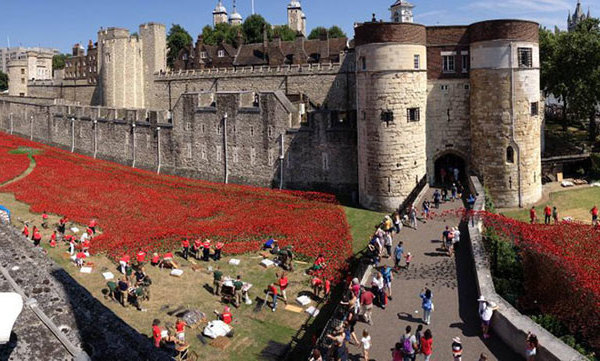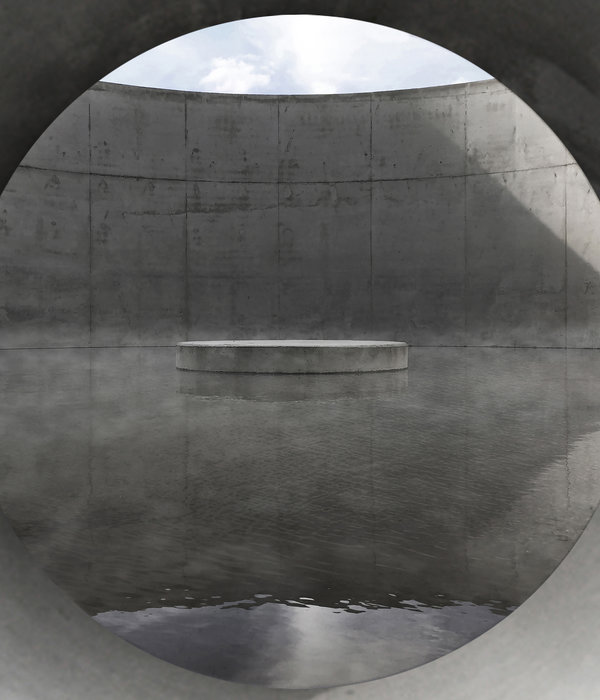Located in the heart of Milan, within the Monumentale area, the building shows an innovative approach in addressing metropolitan residential issues. The project aims at interacting with a broader spatial and cultural context, embracing the residential Milanese tradition of XX Century, with its contemporary urban interventions.
This “Milan Style”, that spanned mostly between the aftermath of World War II and the economic boom of the Sixties, is represented through several buildings designed by architects such as Gio Ponti and Luigi Caccia Dominioni.
The new building reflects the layout of the original demolished building, with facades aligned to street limits. Building morphology is characterized by the particular shape of the corner plot, where the two building wings meet each other forming a sharp angle. Consistently with urban planning regulations, the design is conceived to rebuild the urban fabric, harmonising building’s height to that of surrounding buildings.
Street elevations are sober and elegant, characterized by the adoption of specific technical solutions, such as sandstone facades and cantileverloggias. The effect of the latter solution constitutes an interruption in the volume of the building, generating an overall dynamic and contemporary image.
Courtyard elevations are characterized by wide terraces throughout the building, an image that recalls the typical Milanese court, known as “Ringhiera”. This typology is characterized by long-terraced balconies overlooking the open space inside.
As for courtyard materials selection, walls are finished in painted color plaster, while the rooftop is be covered with a high-tech coated metal.
{{item.text_origin}}

